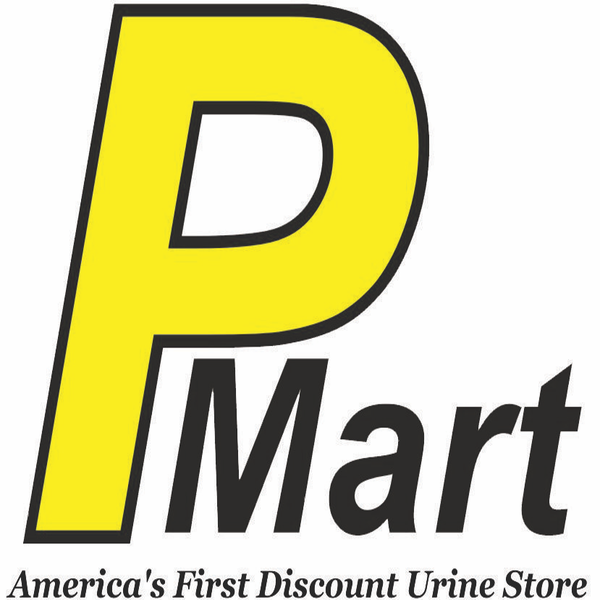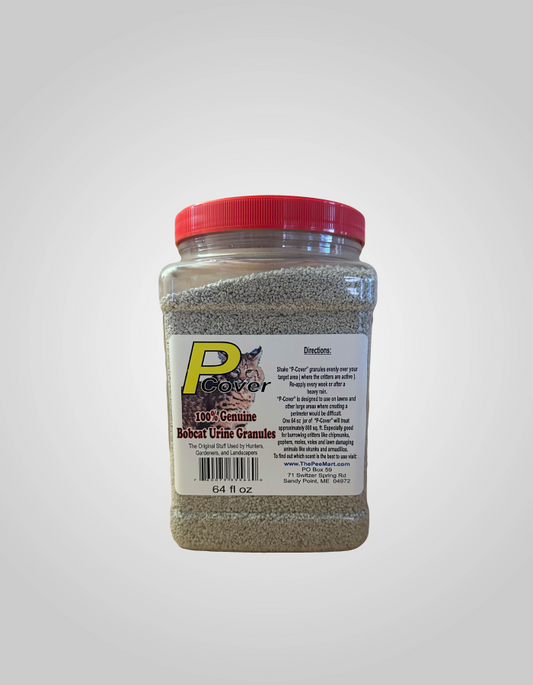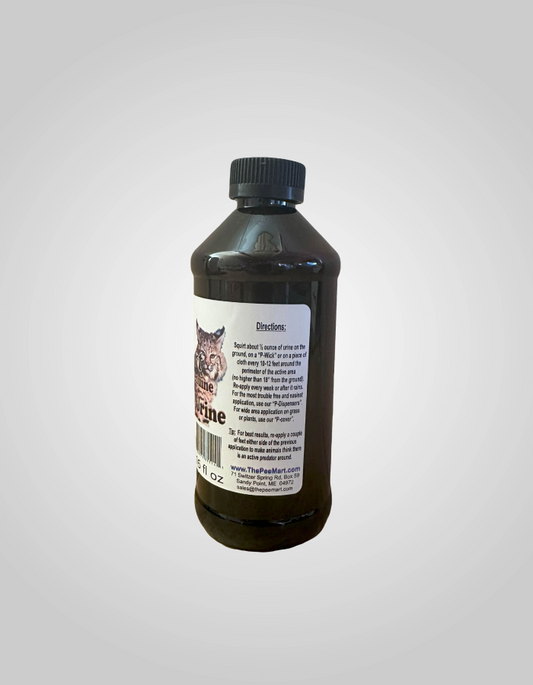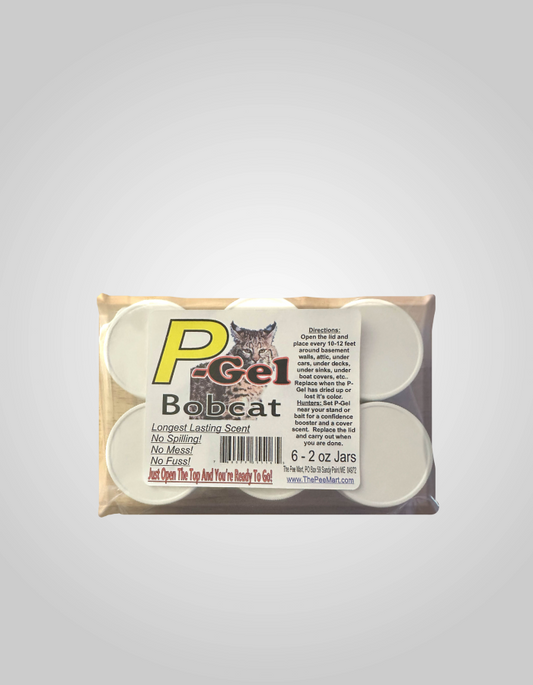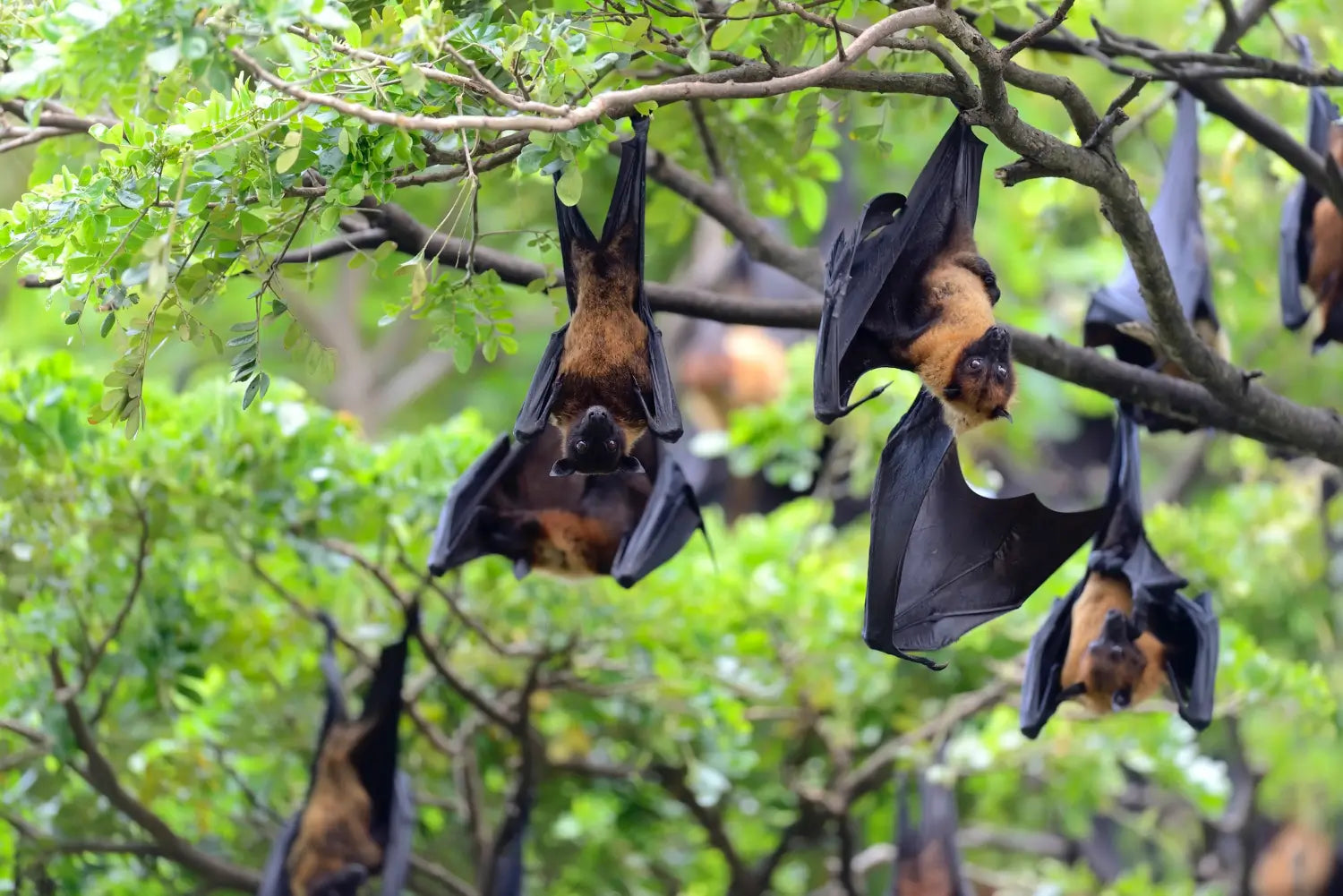
How to Keep Bats Out of Your Attic Naturally
Bats can be beneficial to the environment, but they’re not ideal house guests. When bats settle into your attic, barn, or other enclosed spaces, they can leave behind droppings (guano), strong odors, and health concerns. While bats are protected in many regions and should never be harmed or handled directly, there are safe, natural bat repellents that may help encourage them to relocate.
This guide will walk you through what attracts bats, how to gently discourage them, and what scent-based options you might consider to support your prevention efforts.
Why Bats Enter Homes and Structures
Bats seek out warm, dark, and quiet places for daytime roosting, making attics, roof lines, and barns ideal shelters. Common reasons bats enter a home include:
- Gaps in roofing or siding
- Open vents or chimneys
- Unscreened attic fans or soffits
- Nearby food sources like insects
Once a bat, or a small colony, settles in, they may return night after night, especially during spring and summer months.
Best Bat Repellent Options for Humane Bat Removal
Since bats are often legally protected, especially during their maternity season (typically spring to late summer), any removal strategy should be non-invasive and aligned with local wildlife guidelines. Some humane and natural bat repellent methods include:
- Sealing entry points after confirming bats have left
- Installing bat valves or exclusion devices to allow exit but block re-entry
- Adding light and airflow to make enclosed areas less attractive
- Reducing food sources, like outdoor lighting that attracts insects
Can Scent-Based Bat Repellents Help?
Bats rely on scent to detect threats. While not proven to work in every situation, some property owners have found that predator scents may discourage bats from nesting in certain areas. Scents associated with natural bat predators, such as bobcats, can make the space feel less secure to a roosting bat.
At The Pee Mart, we offer a Bobcat P-Gel product made from real bobcat urine in a slow-release gel form. It can be the best bat repellent for enclosed spaces and may help support your broader bat prevention strategy, particularly after exclusion steps have been taken. While results may vary, it’s one of the few natural, scent-based options available for discouraging bat activity without chemicals or traps.
Best Practices for Bat Prevention
- Inspect regularly: Check for droppings, smells, or rustling sounds in attics or walls.
- Close up gaps: Use mesh, caulk, or sealant on openings larger than ½ inch once bats have left.
- Use scent deterrents: In some cases, scent-based methods like Bobcat P-Gel can help reinforce boundaries.
- Avoid disturbing colonies: Especially during the maternity season, avoid direct interference and consult local wildlife professionals if needed.
When to Call a Professional
Due to the health risks of guano and the complexities of working at heights, we highly recommend contacting a local wildlife control professional who specializes in bat exclusion. They have the training and equipment to do the job safely and effectively.
For other wildlife problems involving ground-dwelling animals, The Pee Mart offers a range of proven predator urine solutions.
Frequently Asked Questions
1. Why can't I just seal the hole when the bats are out?
It is nearly impossible to ensure the entire colony is out at the same time. Sealing the hole prematurely will almost certainly trap some bats inside, leading to a much worse problem. Using a one-way door is the only way to be sure.
2. Are bats dangerous? Will they attack me?
Bats are not aggressive and will avoid humans. The primary health concern associated with bats is not attack, but the accumulation of guano in an enclosed space and the very small risk of rabies from direct handling of a sick bat. Never handle a bat with bare hands.
3. Why do you recommend professional help for bats?
Professionals are trained to identify all potential entry points, work safely at heights, and understand the specific laws protecting bats in your area. It is the safest and most effective way to handle a bat infestation.
Wildlife Repellent
-
Bobcat P-Cover Scent Granules Big 64 fl oz Size!
Regular price $43.00 USDRegular priceUnit price / per$95.00 USDSale price $43.00 USDSale -
Bobcat 16oz Trigger Spray $25.99
Regular price $25.99 USDRegular priceUnit price / per$40.00 USDSale price $25.99 USDSale -
P - Gel Bobcat - 6 Pack
Regular price $29.99 USDRegular priceUnit price / per -
100% Real Bobcat Urine - 12 oz
Regular price $19.00 USDRegular priceUnit price / per$30.00 USDSale price $19.00 USDSale
